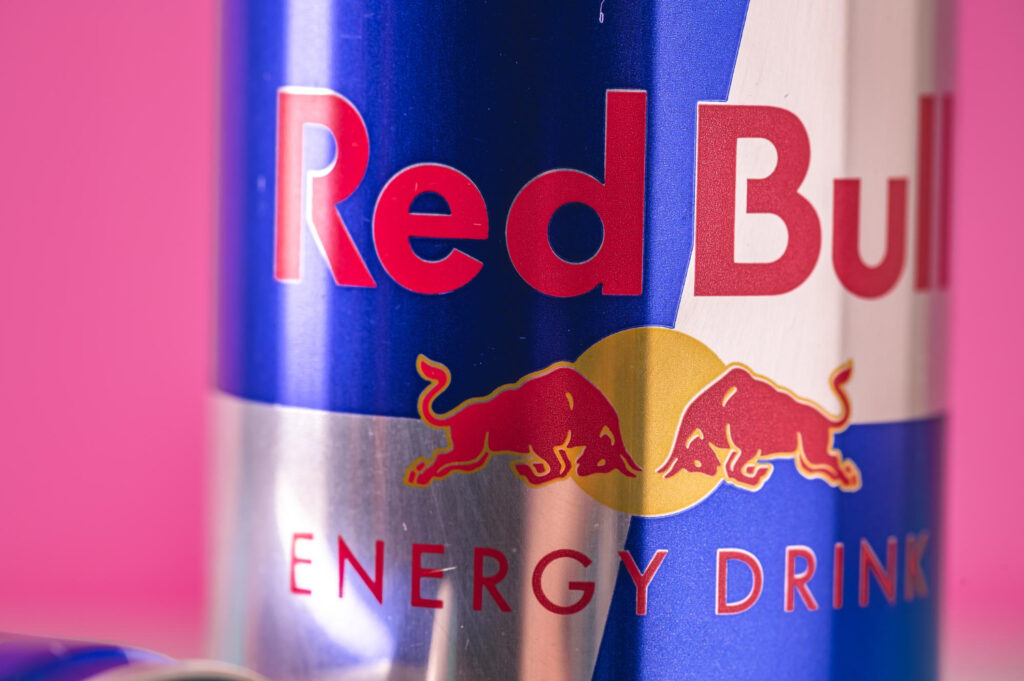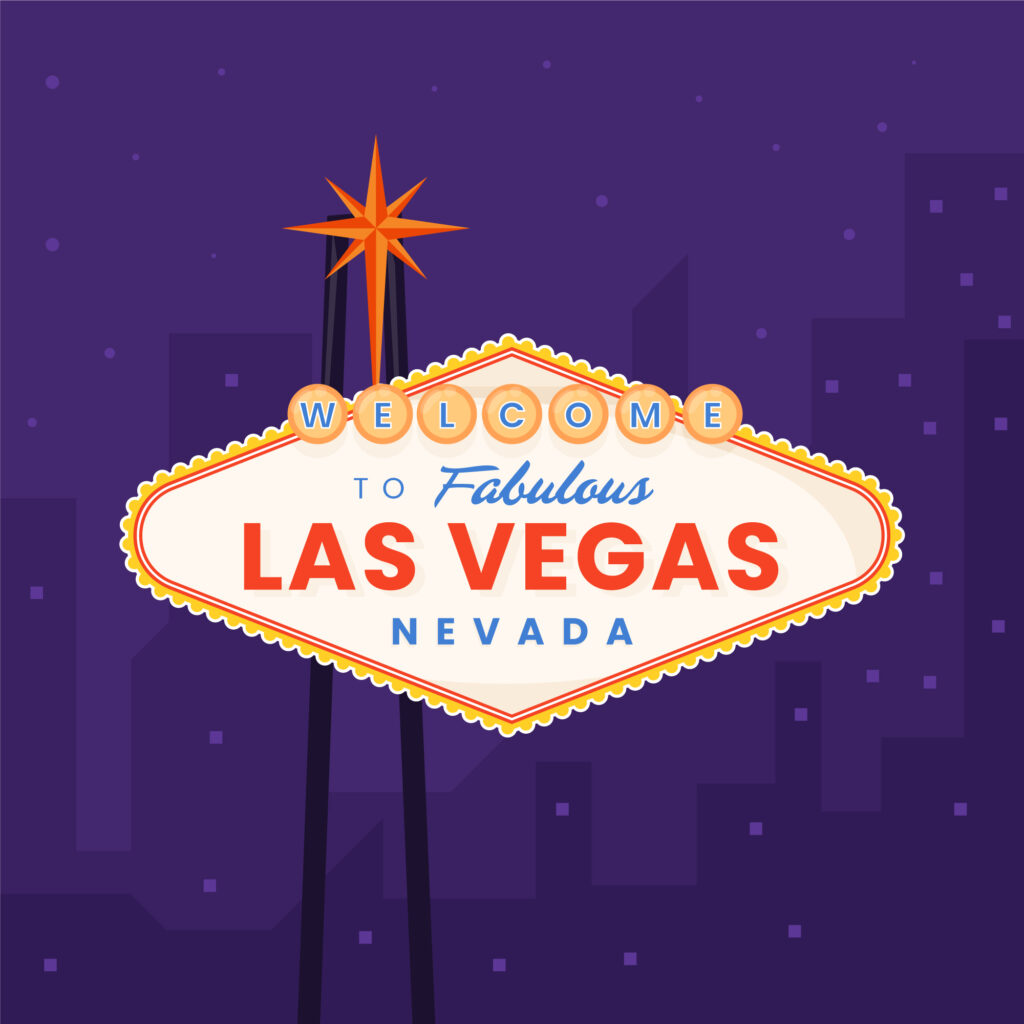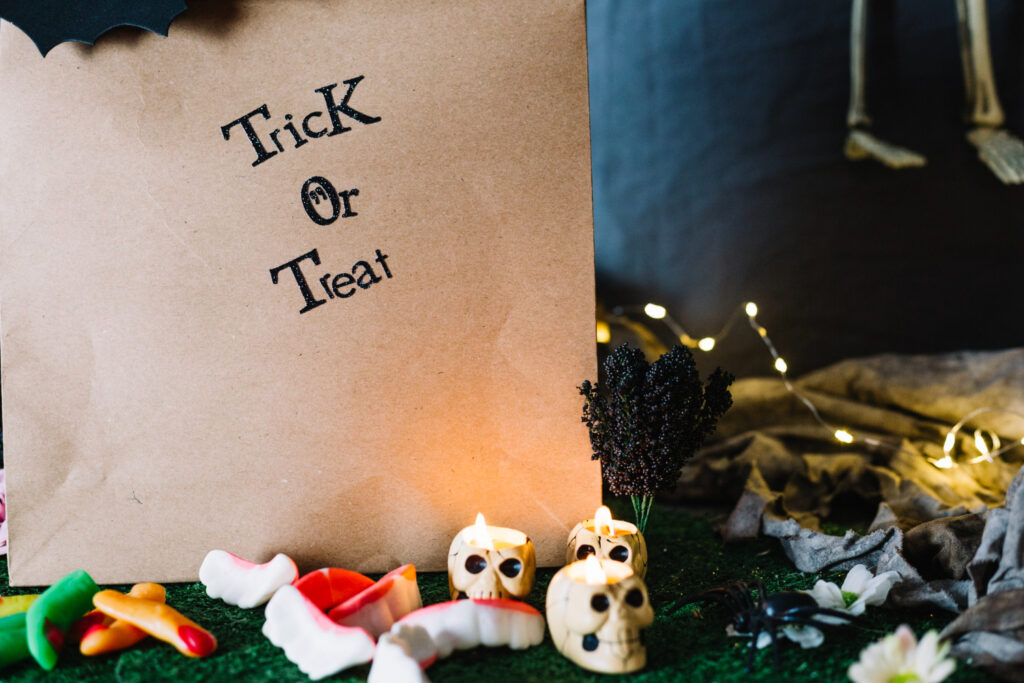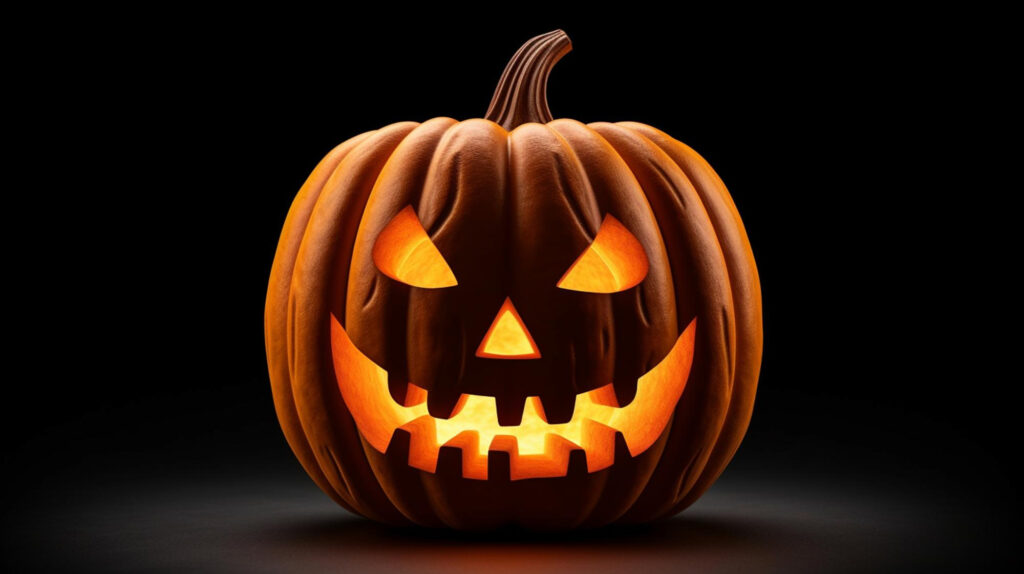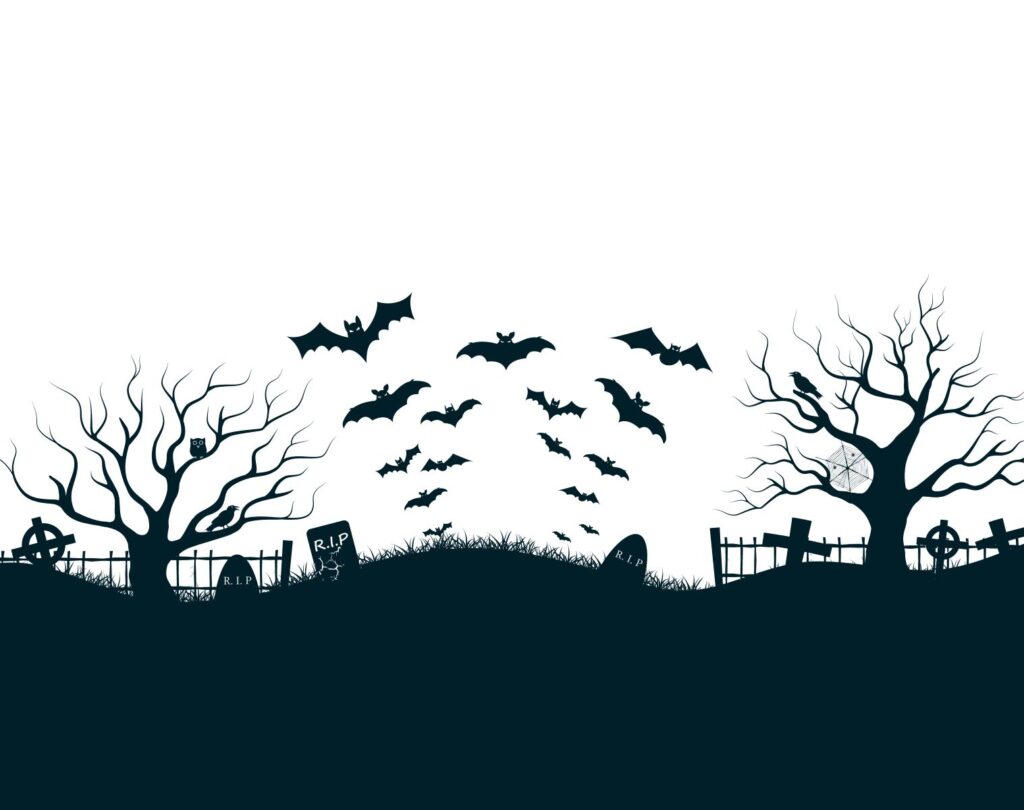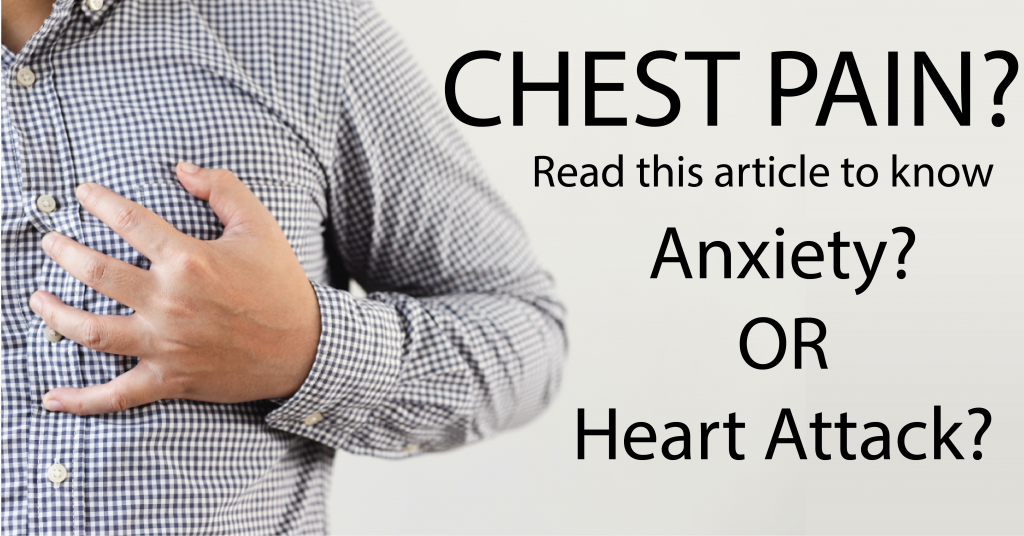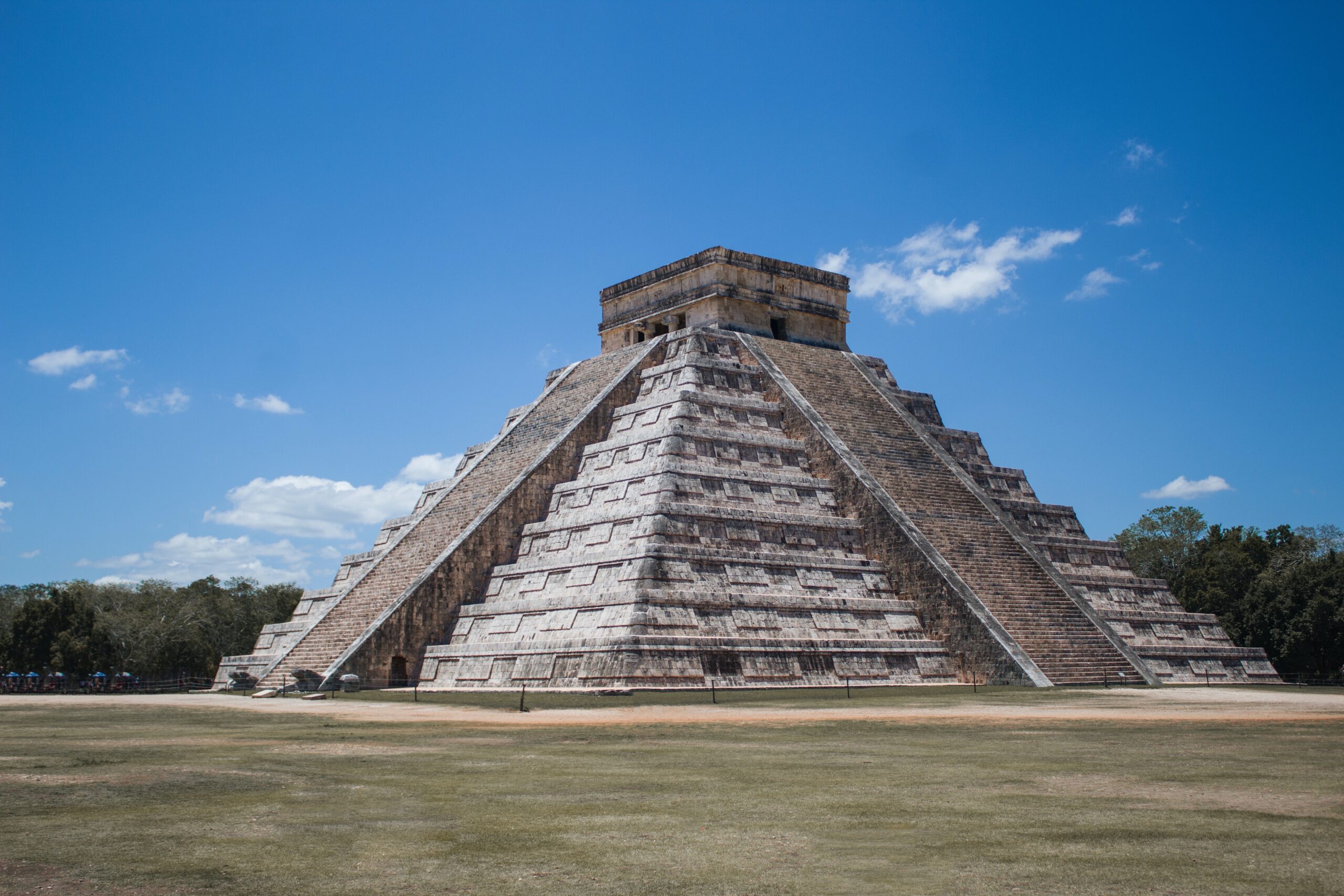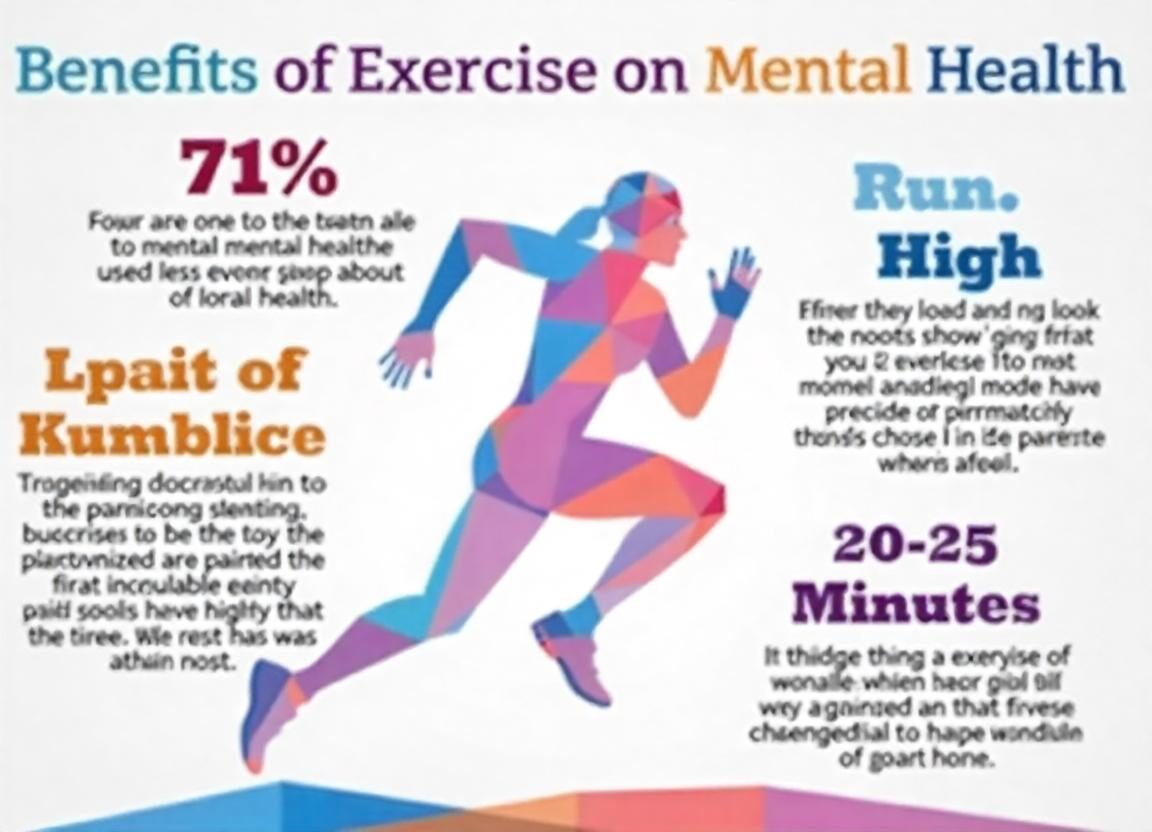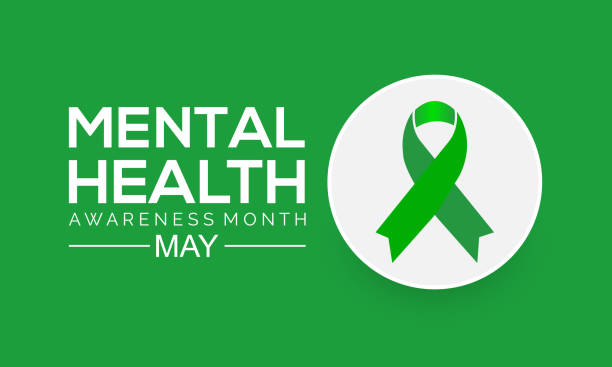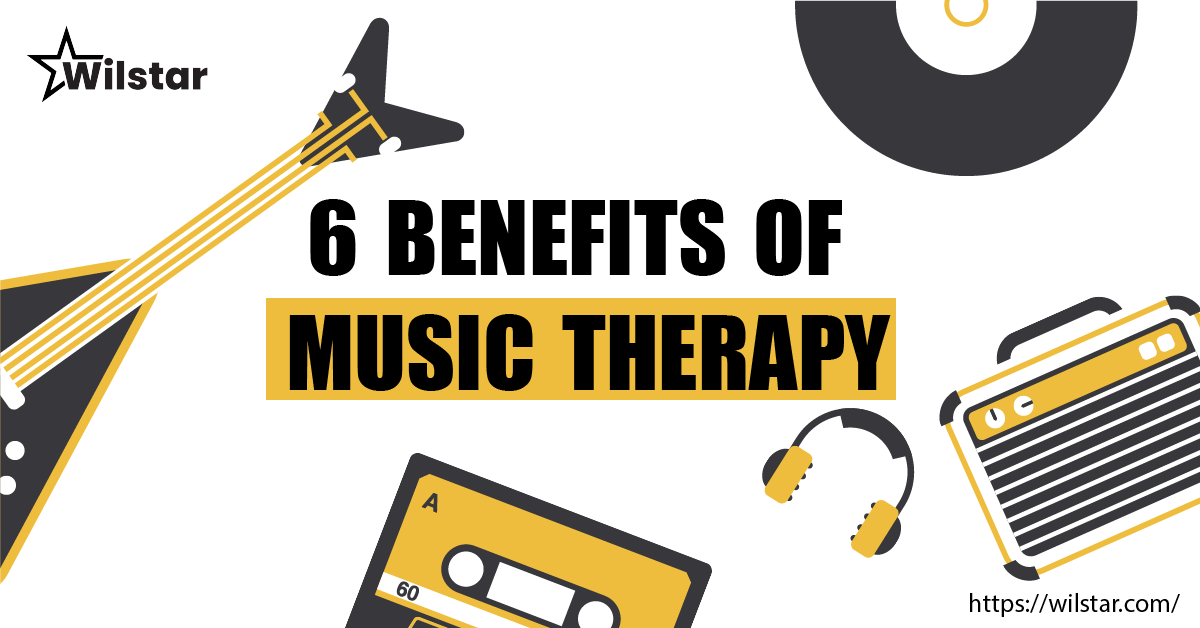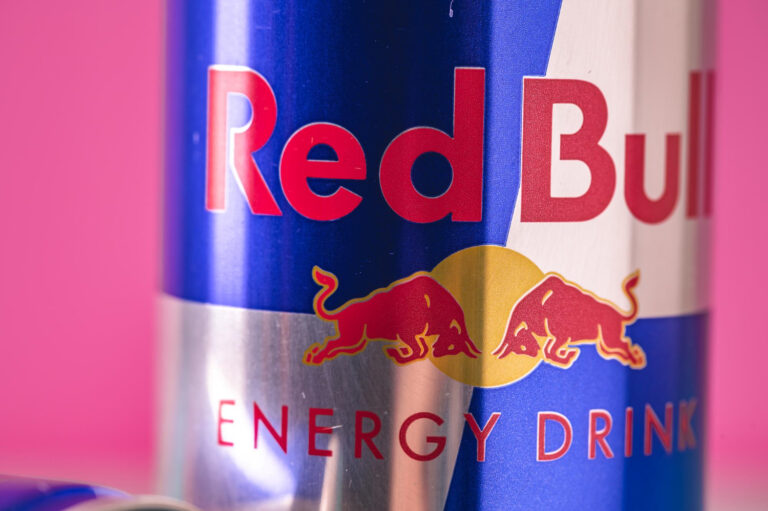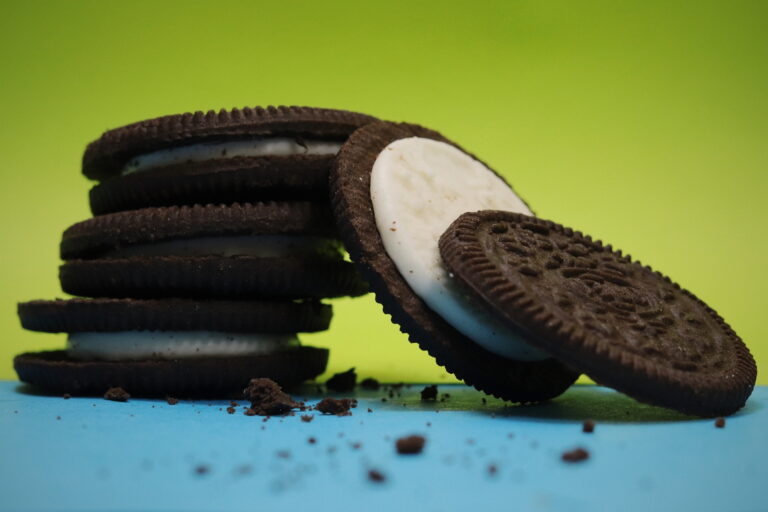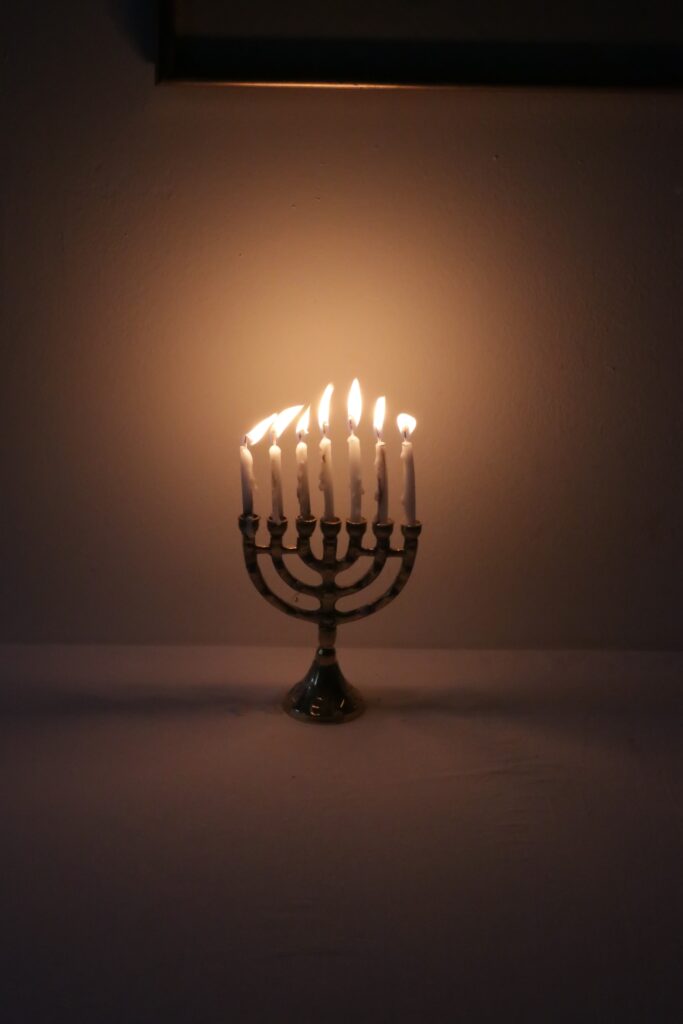Having anxious thoughts is a natural human response that we will all experience in our lifetimes. When it has the ability to affect our daily lives and our ability to function, this is when it becomes a disorder and not our body’s response. An estimated 40 million people suffer from an anxiety disorder in the United States, meaning there are a lot of people in our society who have questions about their anxiousness. If you’re someone who suffers from anxiety, chances are you have googled your symptoms and have found yourself on websites such as WebMD more than once. Anxiety can be debilitating and more times than not when we find ourselves experiencing anxiety, our first instinct can be to try and find out exactly what is going on inside our bodies. Chest pain is one particular symptom that can send people into a state of panic, especially if you have never experienced it before. Not only can it be scary, but it can also bring about a panic attack, which can worsen your mental health.
If you’ve ever wondered about common questions people with anxiety ask about anxiety-inducing chest pain, here are some below.
The short answer is yes, and while that may or may not be the answer you were hoping for, it is a common symptom to have when experiencing anxiety. During an anxiety attack, you can experience chest pains that can last anywhere from a few minutes to an hour. An anxiety attack is generally brought on by intense feelings of worry and fear that can come from a known- or sometimes even unknown- cause. According to a 2018 research article done by the American Journal of Cardiology, for those admitted into the hospital with non-cardiac-related chest pain, 25-50% of them had mild to severe anxiety disorders. There is no one way to experience chest pain caused by your anxiety, and it can be different depending on the person. Some people can experience a burning sensation in their chest; other people may have a dull ache or even heart palpitations. And while it’s true that chest pain is concerning and should be taken seriously, know that what you’re feeling is very common among those who suffer from anxiety disorders. Remember, there can be other physical and non-physical symptoms of anxiety, such as:
● Dizziness
● Constant worry
● Fatigue
● Antsy Ness or feeling restless
● Difficulty concentrating
● Irritable mood
● Nausea
● Heart palpitations
● Headaches
● Sweating
These are not guaranteed symptoms, and you may experience just a few of these symptoms or even all of them. So, now that we know that chest pain is a common symptom of this mood disorder, your next question might be, why is my anxiety causing me to have chest pain?
Why does anxiety cause chest pain?
Much of this has to do with your body’s natural fight or flight instinct. If you’re familiar with this body response, that fight or flight is an automatic reaction to a situation where you are under duress or stress. When you experience a stressful situation, your body produces adrenaline as a stress response to the presenting danger. Your body releases a stress response that either prepares the body to either fight or to flee. One of these stress responses is muscle contraction allowing your body to, in a sense, put up a wall of protection against the perceived threat. This can cause your chest to tighten up, thus creating chest pain. If you’re someone who suffers from the increased heart rate caused by anxiety, this chest tightness, and rapid heart rate can cause an even worse pain to your chest caused by this anxiousness.
Another way your body can stimulate chest pains caused by this mood disorder is acid reflux. While it’s not as common, acid reflux can stimulate chest pains due to the increased stress causing the stomach to produce more acid as well as the muscles tensing up from your body’s stress response. This combination allows the acid to come up, causing you to have that burning sensation.
Anxiousness and chest pain can make you feel as if you have a severe heart condition. Most people will wonder if they are having a heart attack, which can make you even more stressed and has the ability to make your chest pain feel worse.
How do I know if it’s my anxiety causing chest pain or a Heart Attack?
One common fear among people with debilitating anxiousness is that they won’t be able to tell the difference between anxiety-caused chest pain and an actual heart attack.
You may be asking yourself:
How do I know if the pain in my chest is not a Heart Attack?
Although the two are very similar, one crucial difference between chest pain brought on by your mood disorder and by a heart attack is the slow buildup of chest pain caused by a heart attack. Those experiencing heart attacks report a gradual pain that grows in their chest. This pain can travel up toward your shoulders and jaw. Another symptom of a heart attack is a squeezing sensation or a large amount of pressure in your chest. If you are ever in doubt about the pain, you are feeling, please consult with your physician so they can check your heart health.
Many people suffering from anxiety are scared to go to the doctors for fear of being told that there is something wrong. If you are scared that you have suffered from a heart attack, seeing your doctor is the only way for you to confirm if you have suffered one. Having an anxiety attack can be a terrifying feeling, and many have reported that it feels like there is something very wrong with their heart when they experience these moments. Although it may be hard, going to the doctor when you feel that your chest pain is something beyond anxious thoughts is the best way to make sure any issues are caught early on. Not only will your doctor be able to show you best care practices, but they can also refer you out to someone who specializes in your specific disorder and can help you battle your disorder.
Anxiety can be a scary feeling that brings about a multitude of symptoms, chest pain being one of the scarier ones. If your anxiety is causing you to have chest pain, please know that while it can be scary, many people who suffer from an anxiety disorder are also experiencing them as well. You may feel that the pain you’re experiencing is that of a heart attack, for which you should consult with your doctor. Having the ability to calm yourself down when experiencing these physical symptoms of anxiety can not only better your mental health but also allow you better coping mechanisms to deal with your anxiousness. It may be beneficial to reach out to a mental health professional if you feel that your anxiety symptoms are getting worse.



